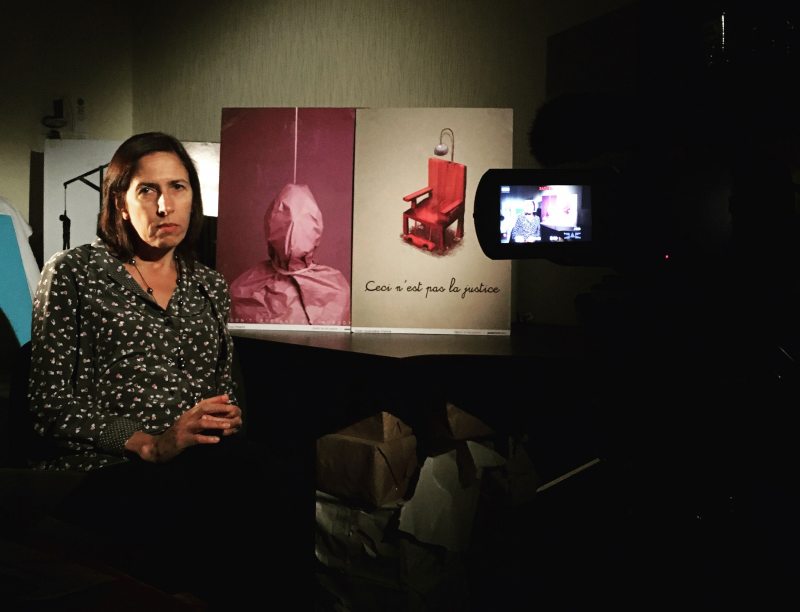Death Penalty in Belarus: Murder on (Un)Lawful Grounds. English version available online
"Death Penalty in Belarus: Murder on (Un)Lawful Grounds", a joint report prepared by the International Federation for Human Rights and the Human Rights Center “Viasna”, is finally available online, after the Russian original has been translated into English.
“The 90-page report shows that in Belarus torture and ill-treatment are widely used to force suspects to incriminate themselves in the absence of a lawyer. The right to defense is systematically violated. Lawyers and judges generally lack independence, as does the judicial system as a whole,” FIDH said in a press release on October 4.
The report “Death Penalty in Belarus: Murder on (Un)Lawful Grounds” is released ahead of the 14th International Day Against Death Penalty on 10 October 2016. This year, campaigners against the capital punishment shall raise awareness on the application of death penalty for terrorism related crimes. In 2012, Belarus hastily executed two death convicts sentenced for terrorism in a trial that, like litmus paper, exposed all the shortcomings of the Belarusian legal system.
The Russian text of the report was presented in Minsk on October 5. The event was attended by Jim Couzens, Deputy Head of European Union’s Mission in Belarus, Andrei Paluda, coordinator of the campaign “Human Rights Defenders against the Death Penalty in Belarus”, Sasha Koulaeva, Head of FIDH’s Eastern Europe/Central Asia Desk, as well as Florence Bellivier, Deputy Secretary General of FIDH and former president of the World Coalition Against the Death Penalty.
“I would like to convey two ideas that are only seemingly contradictory, but they are not in reality.
On the one hand, I personally believe that we should not stigmatize and reproach the countries where the death penalty has not been abolished. We must remember that the global abolitionist movement has only gained momentum in very recent times. For example, a few days ago I told a girl of sixteen that soon I would be participating in an event to mark the 35th anniversary of the abolition of the death penalty in France, and she was so surprises that it made her wide-eyed, saying that it was incredible that it’s only been thirty-five years that our country has not had the death penalty... So my main message is that abolitionism is not a rigid form, it’s the dynamics, movement, progress, which is never too late to come.
But on the other hand, it should be understood that time is running very quickly. Because each new execution is a life lost. And it's a very big trauma for the society, for the convicts’ families, which can be avoided by adopting a decision which will sooner or later be made. Because here’s what happens otherwise. Either a death sentence is quickly executed, as it is in Belarus. Or, there are all the necessary safeguards, numerous appeals with the participation of well-trained lawyers, and a new trial is held to prove that there is an error, and as a result the situation reaches the point of absurdity — prisoners die on death row of old age, as it happens, for example, in California. Then there arise a lot of other problems and other violations — cruel and inhumane treatment, “death row syndrome”, the suffering of the families members and so on.
So let's get rid of this terrible form of punishment, the death penalty, so that we could apply more efforts to turn to other social problems in our societies!,” Ms. Bellivier said in an interview after the presentation in Minsk.


